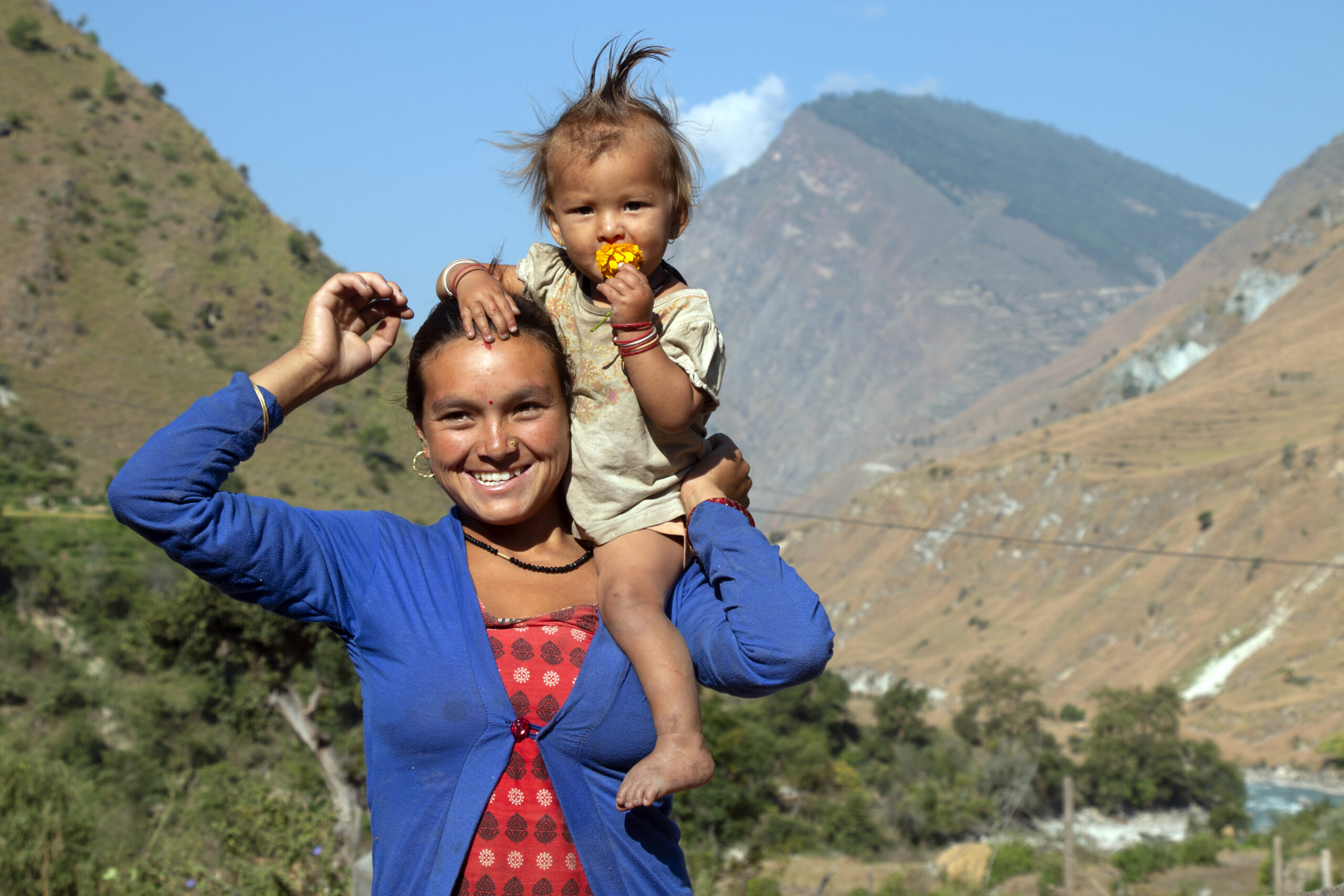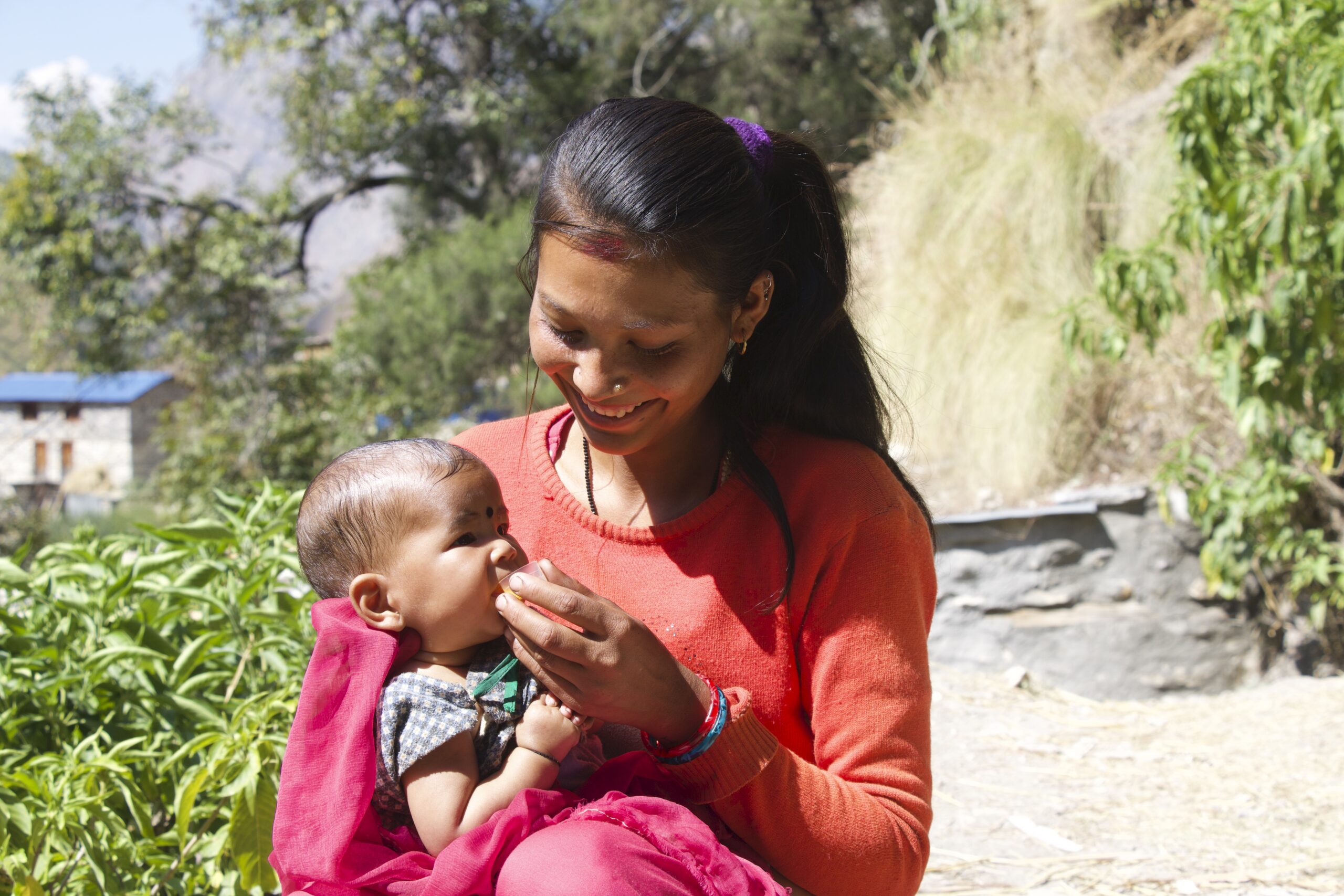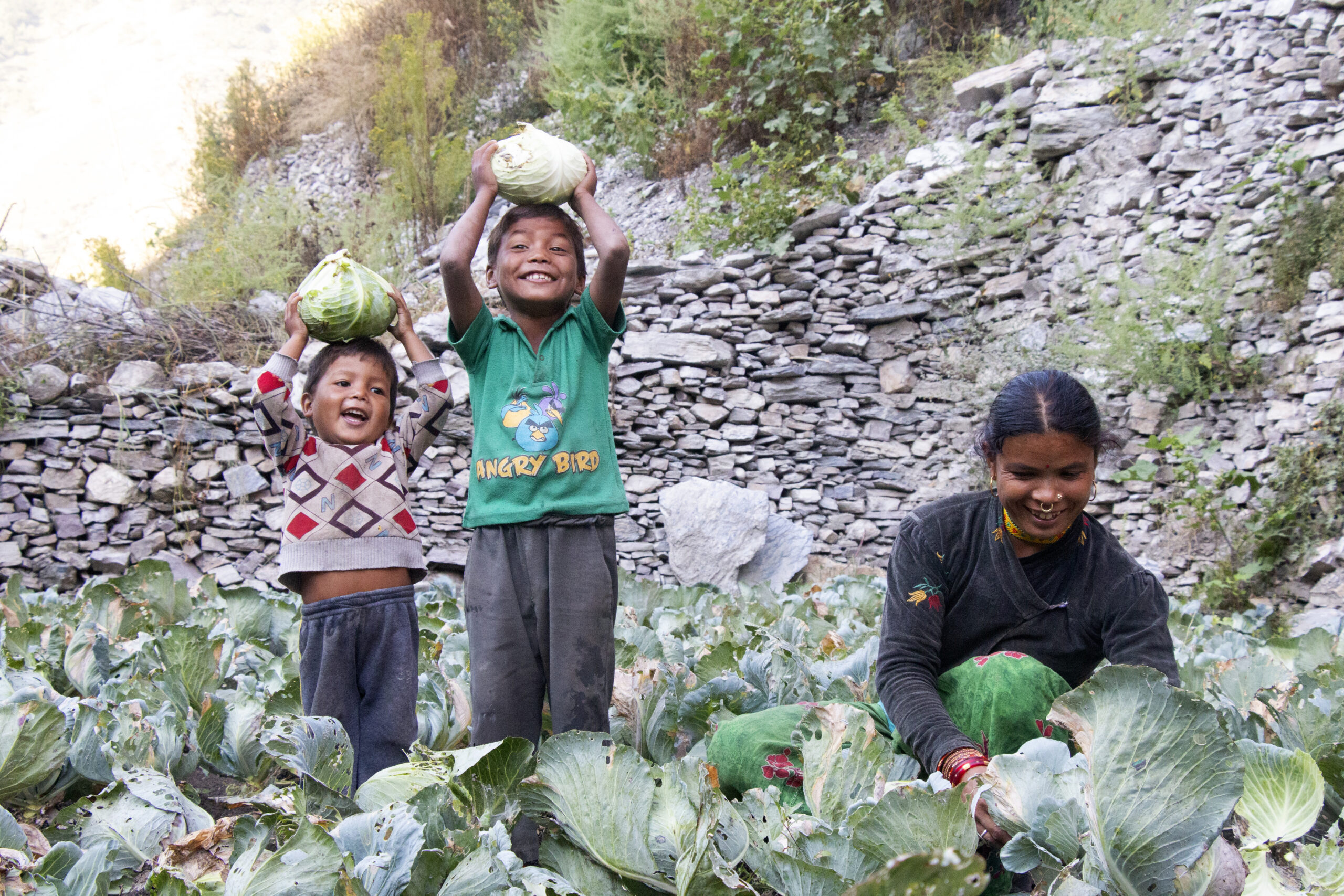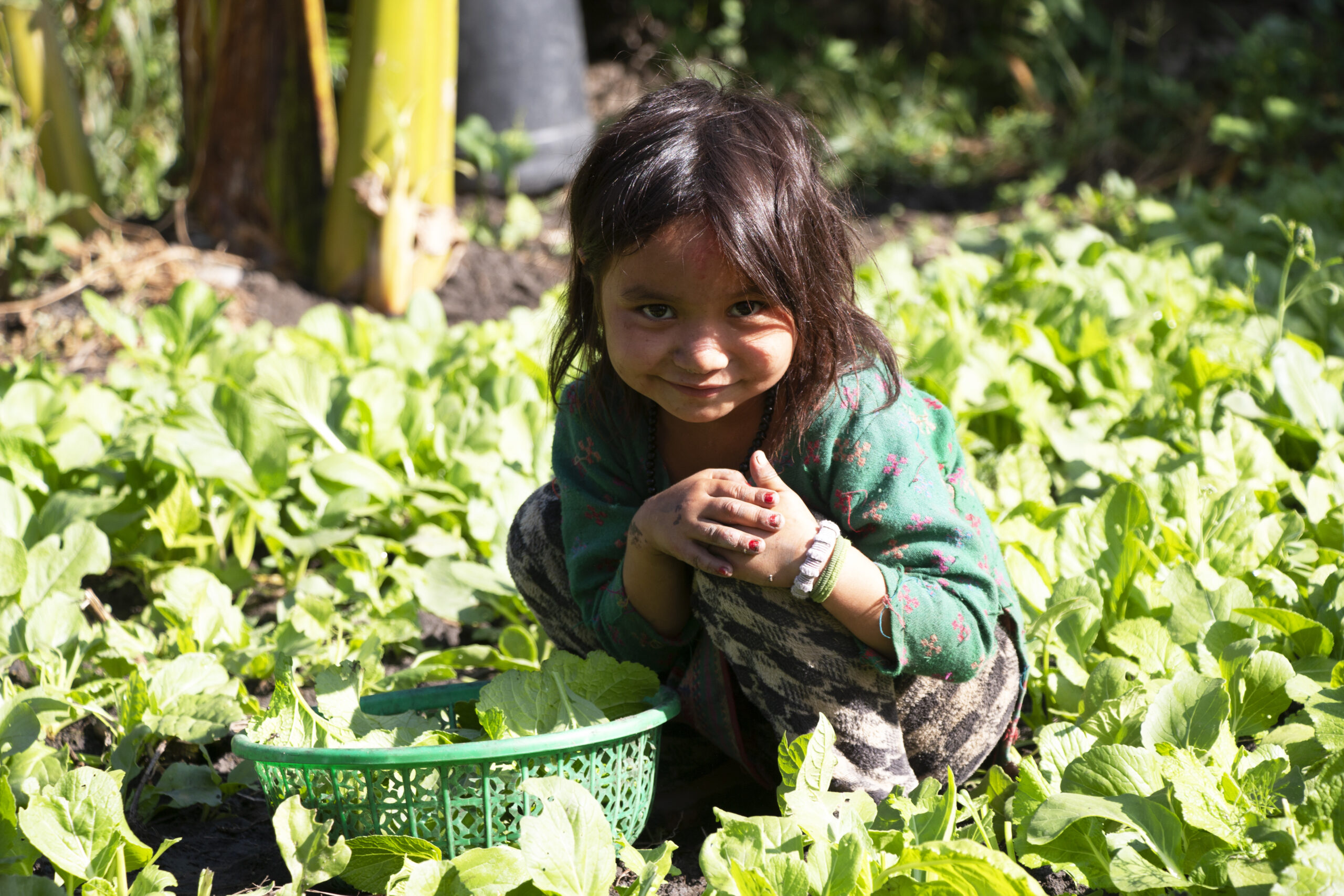The Start Strong Project is Underway!
The Start Strong Project, which has now launched as of April 1st, aims to improve maternal healthcare and reduce malnutrition for 1,000 vulnerable women and their children in Rugin and Bichhaya, Bajura district, Far West of Nepal. The Bajura district is one of the most remote and poorest areas in Nepal meaning that its residents suffer from inadequate healthcare, malnutrition, as well as high levels of child and maternal mortality. Consequently, over the next 36 months, PHASE will implement a variety of initiatives to improve maternal healthcare and reduce maternal mortality rates; enhance agricultural productivity and resilience; and reduce malnutrition.

Access to maternal healthcare is crucial for mothers in giving their children a strong start in life. Currently, in Bichhaya, 84% of women give birth at home with no health worker present and almost 50% of women do not receive Antenatal Care visits. Over the next three years, the Start Strong Project will provide training to mothers and Female Community Health Volunteers (FCHVs) on the ‘Golden 1,000 Days’ including breast feeding practice and how to identify and respond to children suffering from malnutrition. Additionally, PHASE will hold community antenatal care groups and healthy baby competitions in order to provide women with the necessary tools and training to be able to give their children the start to life they need. Crucially, the Start Strong Project will prioritise reaching the most vulnerable in the communities it is working with and aims to realise a substantial increase in the number of births attended by a skilled health professional and the number of women who receive antenatal care coverage by the end of the three year project.

Farming is the main livelihood activity in the Bajura District. However, challenging farming conditions and an unpredictable climate results in low yields lacking nutritional value. Consequently, there are high rates of malnutrition as a variety of healthy foodstuffs is not available for many families (MoAD, 2014). In Rugin, for instance, 94% of farmers lack the knowledge of how to construct and use a polytunnel and 99% of farmers in Bichhaya do not have access to any irrigation facilities. Therefore, farmers face huge challenges and women in particular face enormous pressure to provide for their families but are often denied the training and knowledge required to produce healthy food. As improving agricultural capacity is vital to reducing rates of malnutrition, the Start Strong Project will provide training to 250 women on mushroom cultivation and harvesting, 125 women will receive agronomy training to facilitate the use of polytunnels for vegetable production, and a further 250 women will receive training on poultry rearing. This will increase the availability and diversity of high quality foods and therefore provide women with the ability to be self-sufficient and secure a healthy and nutritious diet for their children. Further, the project will make a lasting difference in the Bajura district by strengthening the capacity for agricultural adaptation to climate change and extreme weather events – critical due to increasingly unpredictable and extreme weather making relying on farming increasingly uncertain in the Far West of Nepal.

The Bajura district of Nepal experiences a rate of 19% for global acute malnutrition (GAM) – above 10% is considered a high concern. As well as poor agricultural productivity, malnutrition is caused by a lack of access to, and knowledge of, nutritional diets. In Bichhaya, for instance, 95% of people have never participated in a nutrition workshop. To combat malnutrition, over the next three years the Start Strong Project will provide individual level training on good nutritional practices, food fortification and super flour production, focusing on educating women in order to provide them with the knowledge and confidence to provide nutritious and healthy food for their children. The project will also operate multiple regional and district level workshops and provide nutrition training to 50 traditional healers and 18 Female Community Health Volunteers (FCHVs) in order to embed nutritional expertise in to the community through key stakeholders, including the local government. Along with providing the tools for increasing agricultural productivity, educating women and other key members of the community on the components of a nutritious diet will help to build the foundations for a long lasting reduction in malnutrition in the Bajura district.

While it is just underway, by the end of the 36 months the Start Strong Project will have significantly improved access to maternal healthcare, reduced malnutrition and improved agricultural capacity for 1,000 families in some of the most remote communities in Nepal. Alongside these aims, the project will have supported and empowered 625 women to take a leading role in food production, therefore breaking down gender inequality barriers to female participation in farming. Further, enhancing agricultural capacity and helping to integrate modern farming techniques will provide long-term benefits to the wider community not directly involved in the project, and will provide lasting solutions to food insecurity in the Bajura district.




